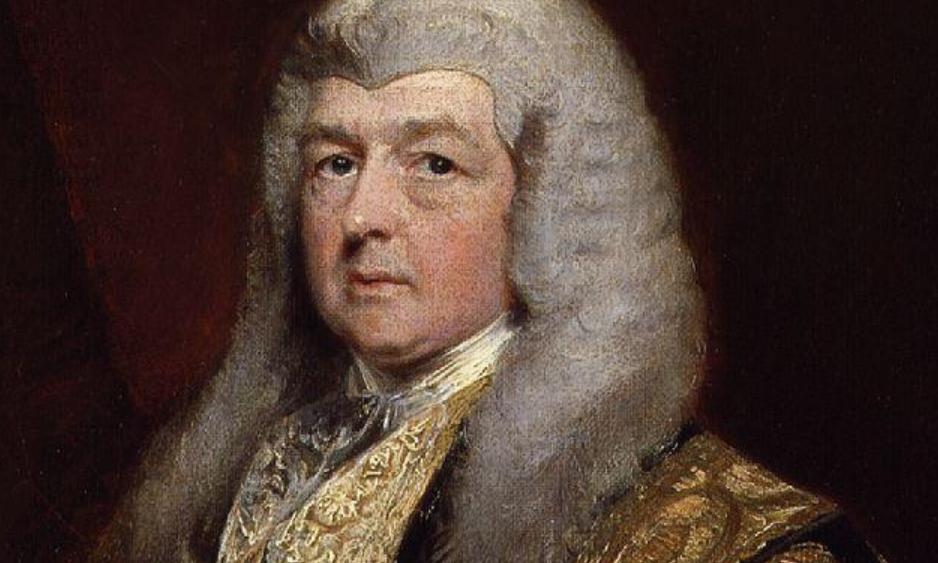
The Rajasthan High Court recently issued a directive that lawyers should not address judges as ‘Your Lordship’ and ‘My Lord’. We went about asking senior lawyers in Bombay about the desirability for pushing for a similar rule here. A number of interesting responses, on the condition of anonymity, followed.
A Public Prosecutor in the High Court told us that such a move would severely affect his ability to argue. “I use M’Lord thrice every sentence as a filler and if I had to say ‘Sir’ instead of ‘Your Lordship’, I would have to say it 7 times a sentence which would frankly be ridiculous. Saying ‘Your Lordship’ buys me time to read the file and think. How can I be expected to read all the files beforehand?”
Another surprisingly candid response came from a senior lawyer. “It is extremely important to- um, how should I phrase this politely- to keep judges happy and feel respected. In Gujarati, they say ‘ee gayu’ (ego), Lordship gayu toh ego no su thayu?”
A representative of one of the governing bodies of lawyers gave us a response that we find hilarious. “We are the oldest and most prestigious Bar in this country. And as such it is our responsibility to uphold some of the most time-honoured (read: archaic) practices of the profession. Such as referring to law as ‘the profession’, not paying our juniors, being sesquipedalian so the public doesn’t realize how unnecessary lawyers are, wearing gowns, coats and neckties in the Bombay heat and yes, calling judges ‘Your Lordship’. What will separate us from the younger, less prestigious Bars if we adopt such practices?"
A sesquipedalian is someone who overuses big, complicated words. You’re welcome. See, we made you need a lawyer.
In a similar vein of upholding tradition, another advocate remarked “Tomorrow they will say we should stop bowing to their Lordships. Not only would this go against every tradition of this court, it would also deprive me of my sole source of exercise.”
We also managed to track down a judge in favour of the move. He hoped for its quick duplication in the Bombay High Court. “It’s not M’Lod, it’s My Lord. Why can’t they understand that there are two words?! Hearing them mutilate the language thrice a sentence is a constant assault on my senses. Maybe judges will start actually sitting at 11 AM if this is implemented.”
A woman judge concurred with him. “I have hated the term ‘My Lady’ ever since my 8-year-old nephew asked me ‘My Lady itni chocolaty kyun hai?’”
We won’t bore you with most of the other (largely favourable) responses centred around stock phrases like ‘colonial hangover’, ’angrez gaye inhein chhod gaye’, though deeper digging revealed that a few lawyers on the Original Side weren’t sure whether colonial referred to British rule or the Parsi Colony in Colaba.
The author of Straight from the Bar is an advocate. Alex is a pseudonym. The post is satire. Mostly.
threads most popular
thread most upvoted
comment newest
first oldest
first
lawyers seem to show to the Bench.
Opposing me was Singhvi. The judge was annoyed. He muttered, "My Lord". I shot back "And be hauled for contempt?" I solved the problem by referring to the two judges as 'The Bench'.
Bapoo M. Malcolm
Personally it's quite nice to refer to them as lords than judge or your honor. Has a nice classy ring to it.
Recently, a raw junior while relying on some past orders of the court referred to a judge's name without using the prefix 'Justice ___ ____'.
Justice K.R. Shriram shot back sternly saying, "Is he your friend that you're directly addressing him by his name" !!
threads most popular
thread most upvoted
comment newest
first oldest
first